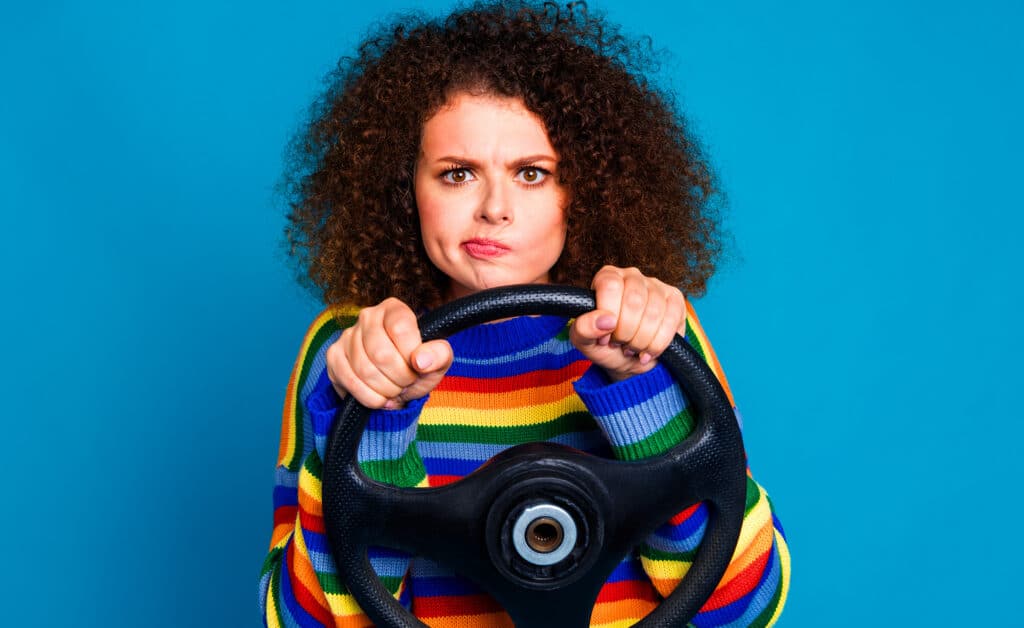
Earlier this summer, there was an interesting case before the California Court of Appeal. The question was does Lyft have an obligation to conduct background checks on passengers to protect its drivers?
The case Shikha v. Lyft, Inc. was inspired by Abdu Al Shikha, a Lyft driver who was brutally attacked and stabbed by a passenger. Not only was Al Shikha seriously injured, but the passenger had an extensive criminal record.
Al Shikha sued Lyft, stating the attack could have been avoided if Lyft had conducted criminal background checks on potential customers.
The trial court dismissed the case and the Court of Appeal affirmed the dismissal. It held that requiring Lyft to conduct background checks on passengers would be too burdensome for rideshare companies.
Generally, and granted this is not always 100%, an entity does not have a duty to protect one person from another person. An exception is when there is a “special relationship.”
A school has a special relationship with students and an employer has a special relationship with employees. Thus, the school and employer must protect its students or workers. But even if there’s a special relationship, the duties an entity owes a person can be limited.
The Court noted that while Lyft has a special relationship with its passengers and drivers, it does not have a duty to conduct background checks on every single user.
Can you imagine? Here at GroupOne Background Screening, we’ll be the first to admit that conducting a basic criminal background check on every Uber or Lyft passenger could cause a sizeable backlog, not to mention enormous daily costs. And would the fast turnaround necessary for such jobs actually protect drivers?
The Court noted that the type of harm Al Shikha suffered was not “highly foreseeable” and that such background checks could result in discriminatory practices since millions of Californians, not to mention U.S. residents, have criminal records.
The case determined that rideshare companies are not obligated to conduct background checks on customers. Though it should be noted both Uber and Lyft require drivers to undergo background checks. Such reports typically include criminal background and motor vehicle record checks, with some state regulations requiring additional criteria.
